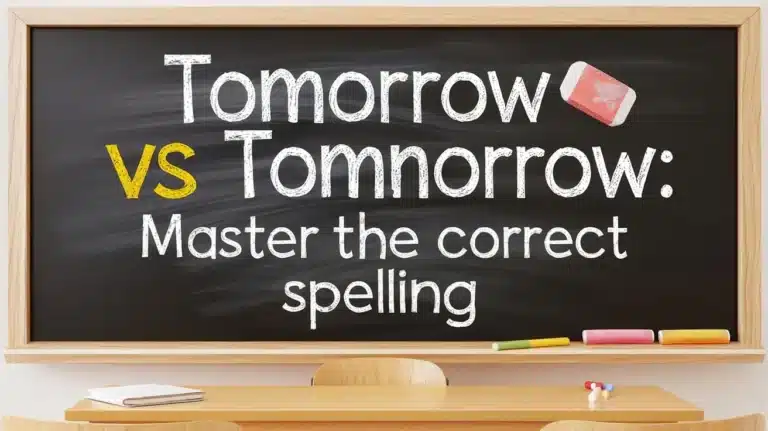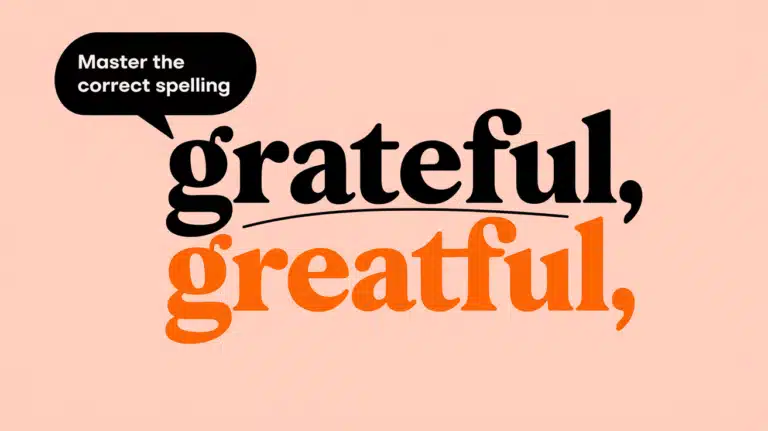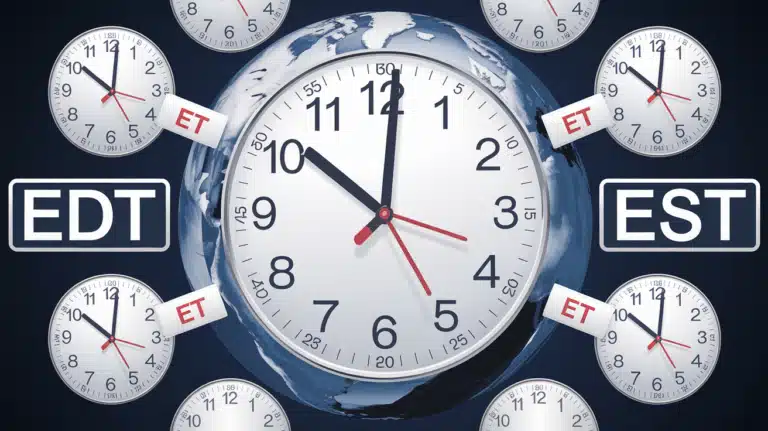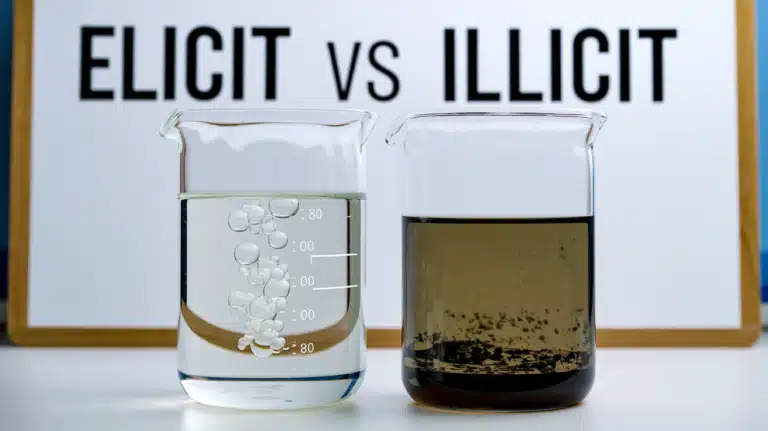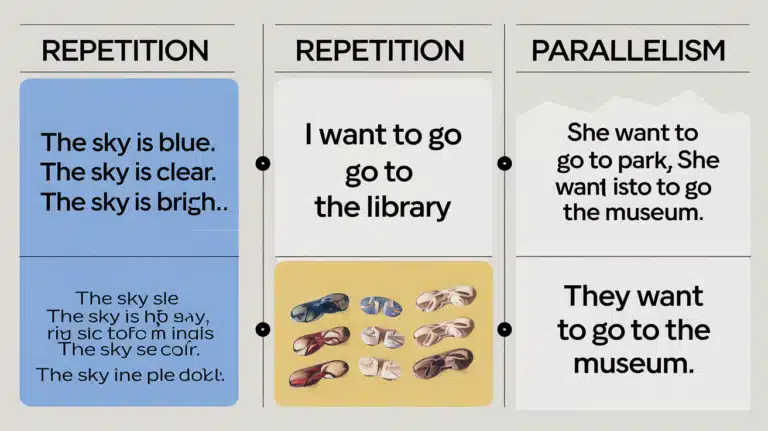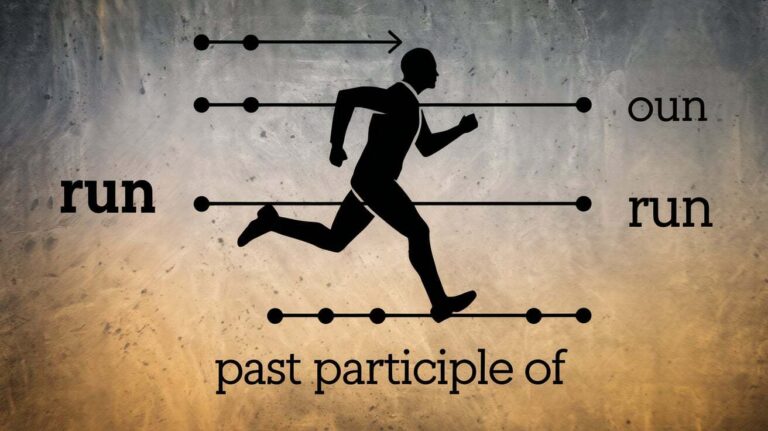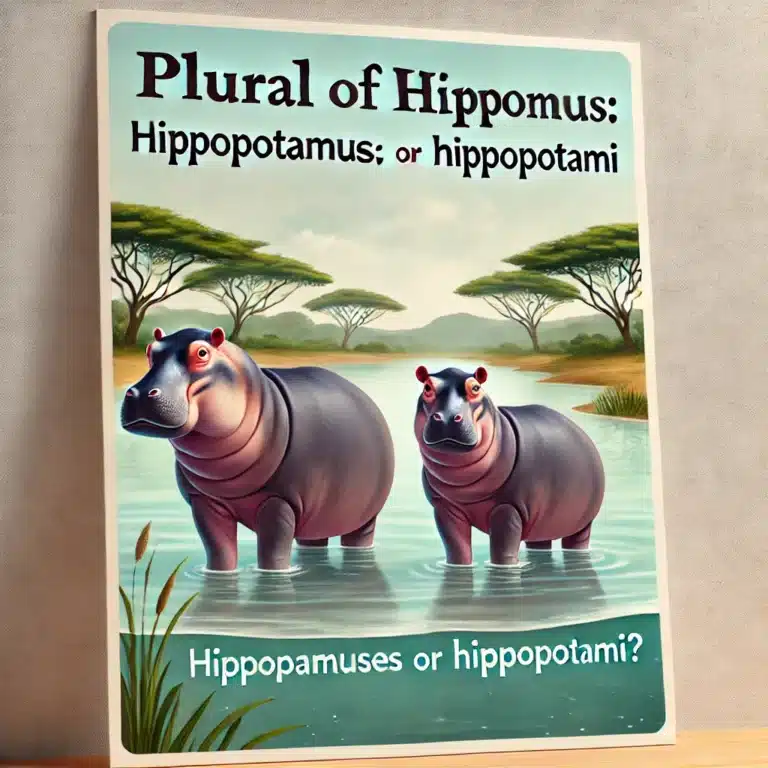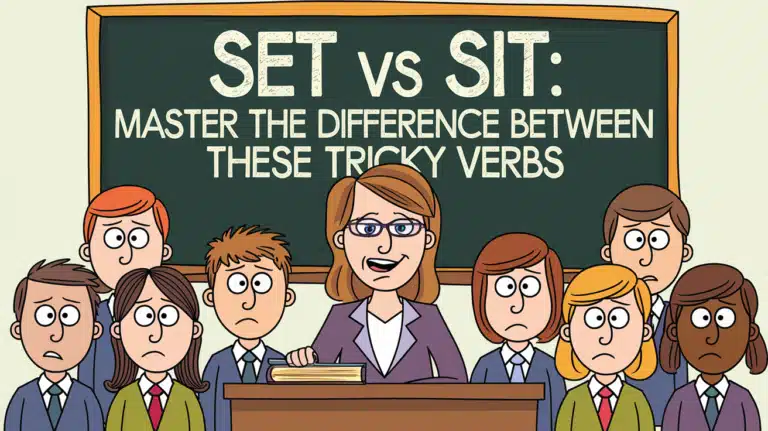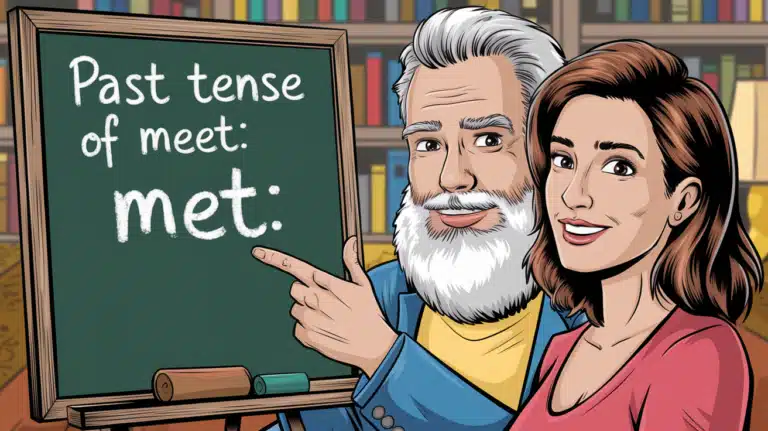Tomorrow or Tommorrow: what’s the difference?
Have you ever paused mid-sentence, unsure if “tomorrow” has one ‘m’ or two? Don’t worry—you’re in good company! This common spelling dilemma has puzzled writers for ages. Join us as we settle the “tomorrow” vs. “tommorrow” debate and ensure you never second-guess it again. The Origin Story: How “Tomorrow” Came to Be The word “tomorrow”…

